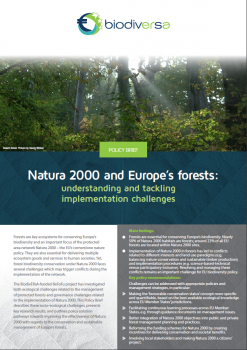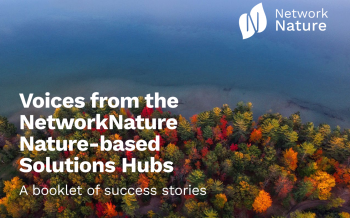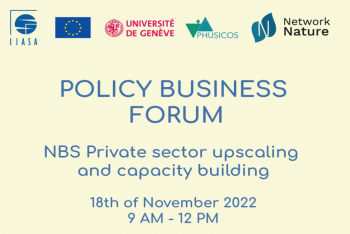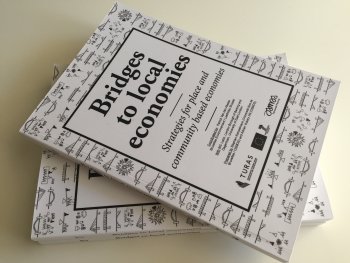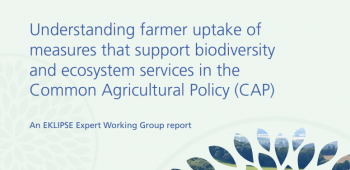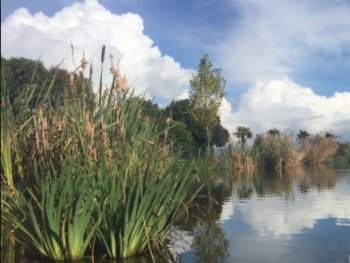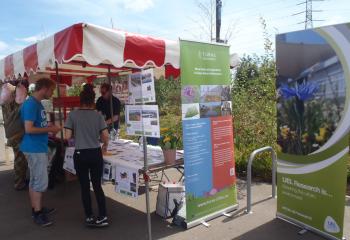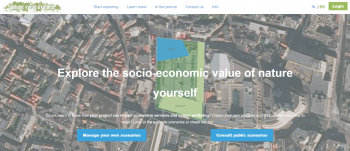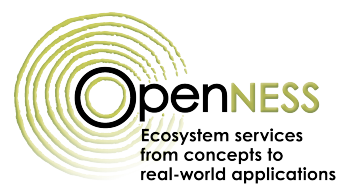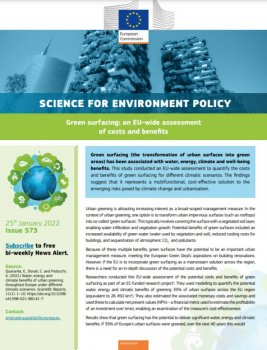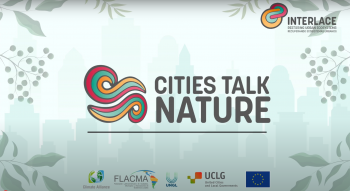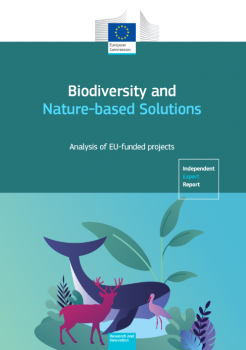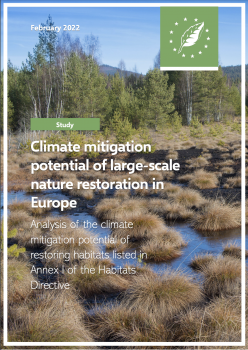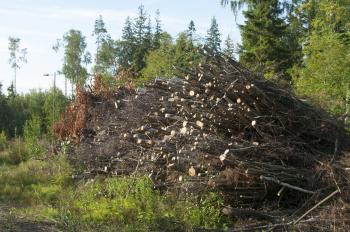Marketplace
Natura 2000 and Europe’s forests
The “Natura 2000 and Europe’s forests” policy brief derives from the BiodivERsA-funded BeFoFu project lead by Dr. Georg Winkel, that investigated both ecological challenges related to the management of protected forests and governance challenges related to the implementation of Natura 2000. This
Voices from the NetworkNature Nature-based Solutions Hubs - A booklet of success stories
NetworkNature is working to expand the nature-based solutions (NbS) community and provide support for implementing and amplifying NbS. One way we do this is by investing in relationships and working with local partners to grow locally-based networks. This booklet, produced in collaboration with the
NbS Private sector upscaling and capacity building - PBF Workshop Summary 18 November 2022
The Policy Business Forum (PBF) consists of Nature-based Solutions (NbS) experts and knowledgeable stakeholders at the international, European, and national scale. The main aim of the PBF is to explore innovative ways to strengthen the science-policy-business nexus in order to exploit opportunities
"Bridges to Local Economies" - book presentation at Pakhuis de Zwijger (Amsterdam) 14/6
On Wednesday 14 of June, OSMOS will present the TURAS publication "Bridges to Local Economies" at the Pakhuis de Zwijger. The event will describe the general concept of the book while taking a hands-on experience of some of the tools and techniques presented in the book.
Understanding farmer uptake of measures that support biodiversity and ecosystem services in the Common Agricultural Policy (CAP) - EKLIPSE final report
This report provides a summary of findings by the EKLIPSE Expert Working Group and their analysis of 'Understanding Farmer Uptake: What measures are most promising to deliver on supporting biodiversity and ecosystem services in the next round of the Common Agricultural Policy (CAP)?'.
The case for mainstreaming nature-based solutions into integrated catchment management in Ireland
The intensification of European policies, agreements and regulations for climate action, water resources, energy, agriculture and forestry, and biodiversity is pressurising governments to adopt a wider portfolio of actionable solutions that are more financially and socially sustainable as well as
CIC! - Guidelines for setting up a non-profit resident-run enterprise for managing community assets
Guidelines for setting up a non-profit resident-run enterprise for managing community assets, applying an adaptive PPP approach.
Nature Value Explorer
www.natuurwaardeverkenner.be The Flemish government recognises the importance of these ecosystem services (ESS). The manual and easy to apply tool uses pragmatic methods to value ecosystem services in rural and urban environments. The tool helps everyone (land managers, planners, national and
OpenNESS Synthesis paper: Effectiveness
The ultimate goal for managing ecosystem services is contributing to human well-being. To analyse how this goal can effectively be achieved is a major task in OpenNESS.
CITIES TALK NATURE Webinars
CITIES TALK NATURE is a community of practice dedicated to restoring degraded ecosystems in municipalities in Latin America, Europe and other parts of the world. It explores the multiple advantages of restorative nature-based solutions and fosters exchange between cities. As part of the events, a
Leveraging Public Programmes with Socio-Economic and Development Objectives to Support Conservation and Restoration of Ecosystems
The Strategic Plan for Biodiversity 2011-2020 recognises that biodiversity underpins ecosystem functioning and the provision of ecosystem services that are essential for human well-being. The fourth Global Biodiversity Outlook underscores that biodiversity is still being lost and ecosystems
Deliverable 2 Report on the outcomes of the lessons learned, mapping of emerging experiments and expert workshops, leading to a synthesis of the most promising indicators for nature- based solutions
"This Deliverable presents the Connecting Nature Impact Assessment framework and capacity building process whose aim has been to support the mainstreaming of a culture of impact evaluation and evidence based nature-based solutions (NbS) design and implementation in cities. The framework is the
Economics of Peatlands Conservation, Restoration and Sustainable Management
Less than 3% of the Earth’s surface is covered by peatlands but they are the largest terrestrial organic carbon stock. Indeed, peatlands are capable to store twice as much carbon as in the world’s forests. Despite their potential, globally, peatlands are in decline with 11-15% of these ecosystems
- Paper
Nature-based solutions coupled with advanced technologies: An opportunity for decentralized water reuse in cities
Decentralized water reuse in cities is a prominent alternative to mainstream top-down models for urban water treatment, which are based on centralized, linear dynamics of resource management. In this sense, Nature-based Solutions (“green” technologies) coupled with advanced technologies (“grey”
- Video
PHUSICOS - Caídas de bloques en Artouste
The hazard at Artouste is caused by rockfalls, both from exposed rock ledges and from loose blocks sitting on the surface of the till on the steep slope. The site is adjacent to the Artouste hydroelectric dam, where the RD-934 road descends from the level of the dam to its base. The slope is steep
- Video
PHUSICOS: Snow avalanches at Capet Forest
The hazard at the site is from snow avalanches in the 'Midaou' avalanche path. The avalanches may reach the village of Barèges, and this has occurred numerous times in the past, the last event being in 2013. The slope and the release area have numerous old 'grey' protective
Biodiversity and nature-based solutions: Analysis of EU-funded projects
The EU Biodiversity Strategy for 2030 aims to secure healthy, resilient, biodiversity-rich ecosystems that deliver the range of services essential to the prosperity and well-being of citizens. Nature-based Solutions (NbS) – with healthy and biodiverse ecosystems at their core - are central to
Climate mitigation potential of large-scale nature restoration in Europe
This report, produced by the IEEP and commissioned by the WWF, explores the climate mitigation potential of restoring the habitats protected under the EU Habitats Directive. As part of this, the feasibility of ranking these habitats based on the climate mitigation benefits of their restoration is
Policy Brief: EU bioenergy policies at the crossroad
The policy brief summarizes policy messages on bioenergy production in the EU
- ‹ previous
- 31 of 45
- next ›

